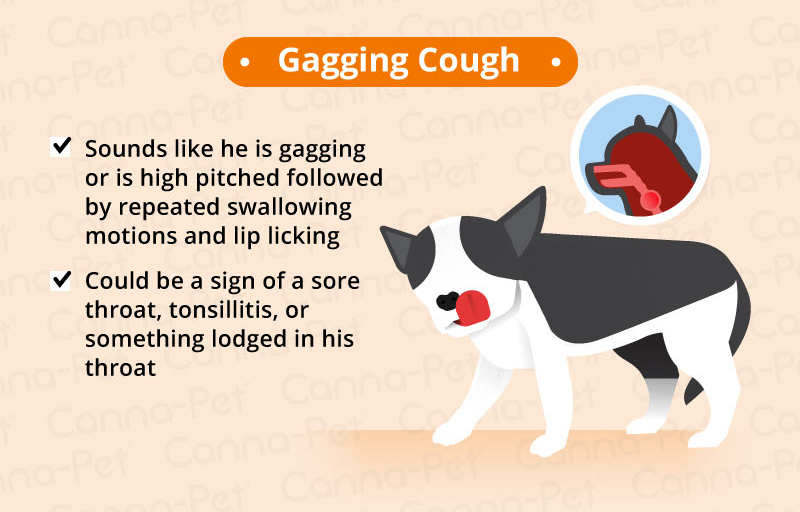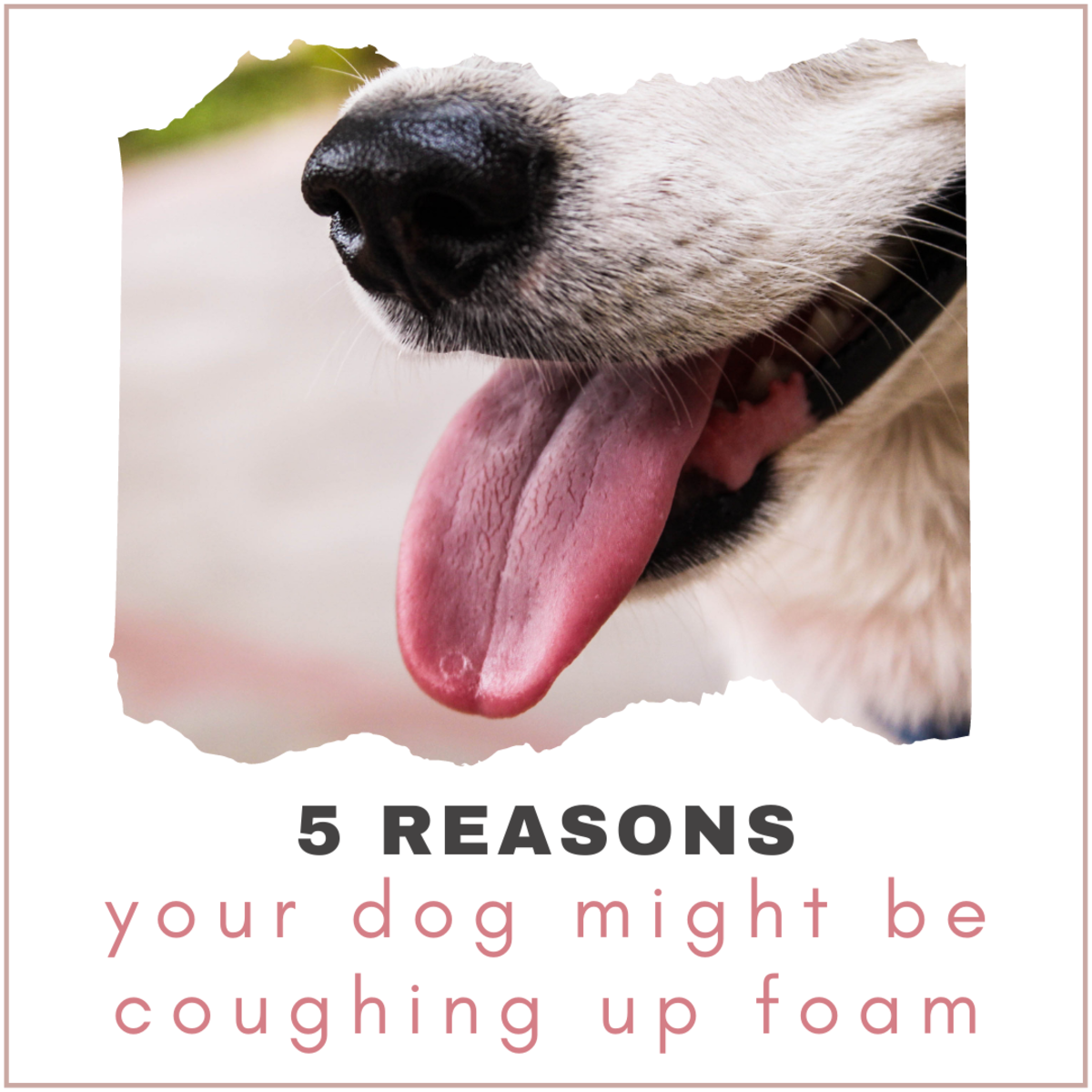

It can be fairly contagious depending on stress level, vaccination status and exposure to minor viruses. The incubation period for kennel cough is 2 to 14 days and the disorder can be found in rabbits, guinea pigs, pigs and other dogs. “Dogs are most often infected when confined with poor air circulation and lots of warm air that is sometimes found in boarding kennels, vaccination clinics, obedience classes, animal shelters or grooming parlors,” Blue-McLendon adds. Kennel cough is a collection of infections that bind directly to the cilia, rendering them immobile within a few hours of infection and causing them to secrete substances that disable the immune cells that consume and destroy bacteria. Debris and infectious agents get trapped in this sticky mucus and the cilia work to move the mucus up through the throat where it is generally coughed up or swallowed. Kennel cough (also called bordetella) occurs when damage is done to the “mucociliary escalator,” which is part of the respiratory tract and consists of tiny hair-like structures called “cilia” and the mucus that covers them. “Kennel cough can be compared to a chest cold in humans and is generally not serious except in special cases,” she says. Alice Blue-McLendon, a veterinarian at Texas A&M University’s College of Veterinary Medicine & Biomedical Sciences. It’s a common canine aliment that is a type of bronchitis characterized by a harsh, hacking cough, says Dr.

If Rover sounds like he has a hairball stuck in his throat, it may be something he can’t cough up as usual.


 0 kommentar(er)
0 kommentar(er)
